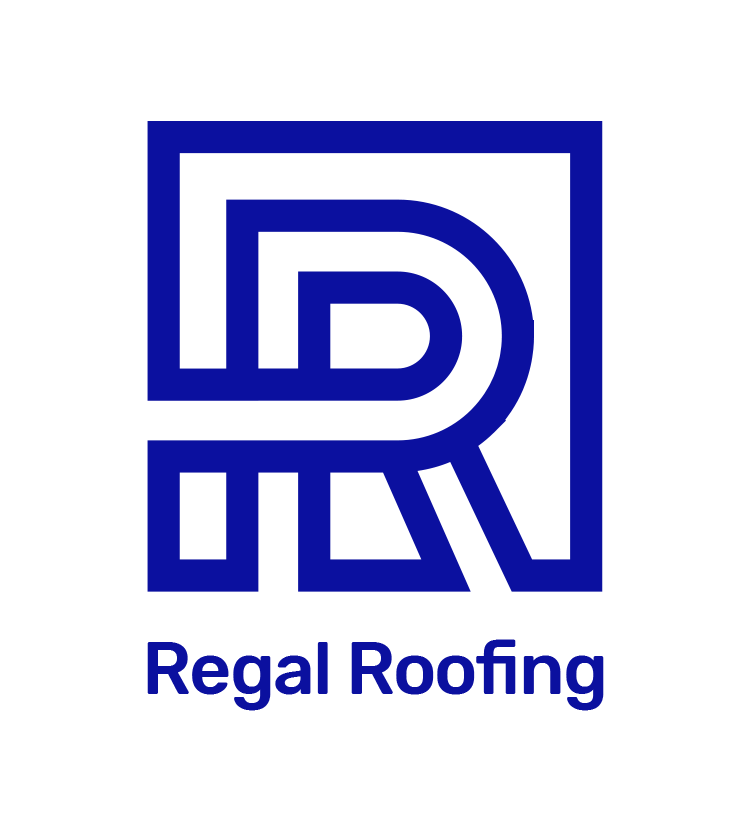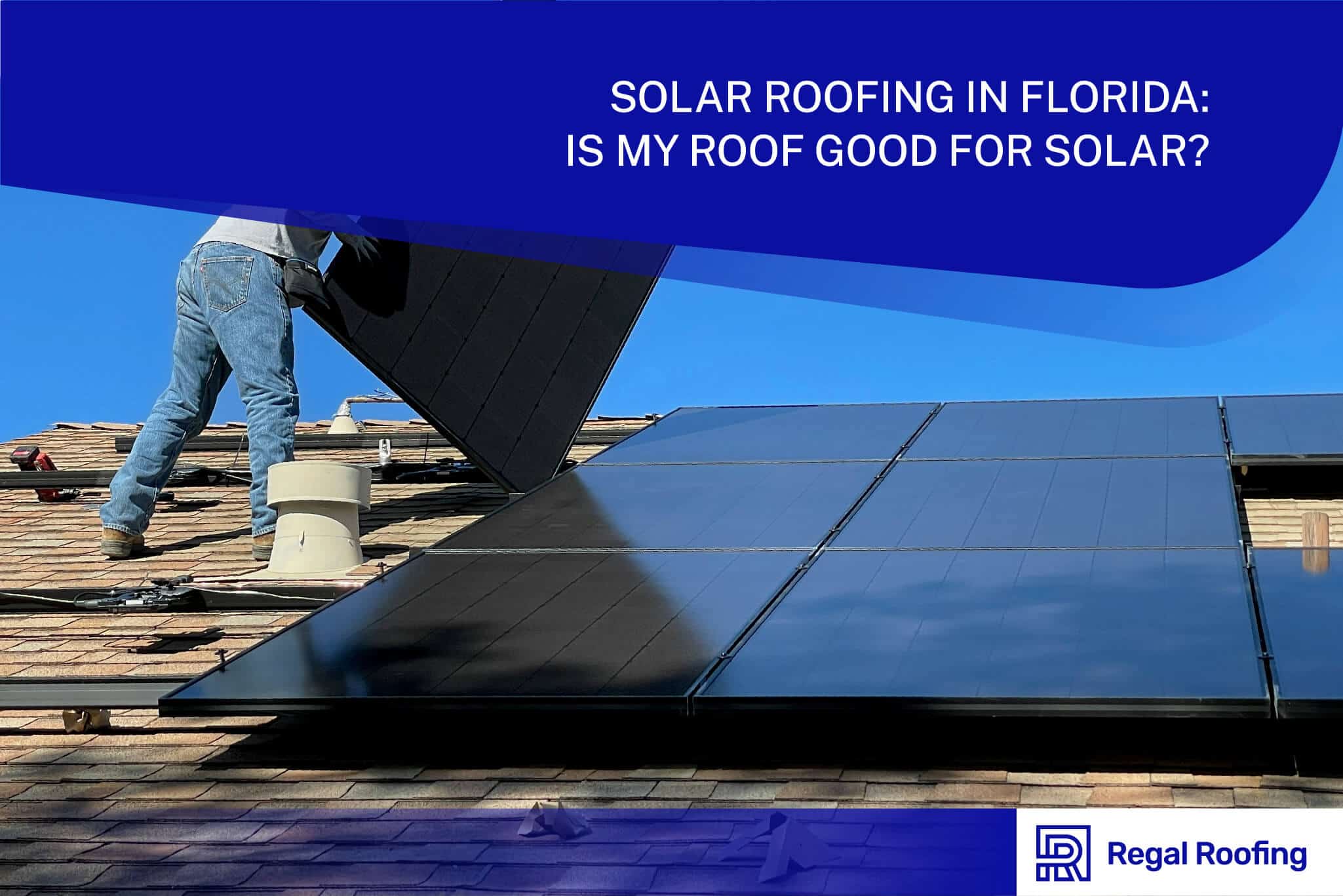Homeowners in Tampa are constantly seeking innovative ways to enhance their home’s efficiency and value. One pressing barrier they face is the rising cost of energy, which strains household budgets and limits their financial flexibility. This issue not only affects their wallets but also their comfort and lifestyle, leading to a growing interest in sustainable solutions.
Understanding the benefits and feasibility of solar roofing can be transformative, offering not only cost savings but also increased property value and roof energy efficiency.
What Is A Solar Roof?
A solar roof is more than just an attachment to your existing roof—it’s a complete system that transforms sunlight into electricity. This system integrates seamlessly with your home’s design, replacing traditional roofing materials with photovoltaic (solar) cells that generate power. Solar roofs are designed to look great while providing energy, merging aesthetics with functionality.
Solar Roofing In Florida
For homeowners in Florida, the abundant sunshine makes solar roofing an attractive option. The state’s solar incentives and the ability to harness a significant amount of solar energy throughout the year make it an ideal location for installing solar roofing systems.
Solar Roof Shingle vs. Solar Roof Panel
While both solar roof shingles and solar roof panels aim to convert sunlight into electricity, they differ in design and integration. Solar roof shingles are smaller and designed to look like traditional roofing materials, whereas solar roof panels are larger and typically mounted on top of the existing roof. Ask a trusted roofing contractor which option would be best for your home.
Understanding Solar Roof Cost
In Florida, solar roof cost can vary widely based on several factors including the size of your home and the type of system you choose. Estimates for solar roof cost can range from $7,800 to up to $26,000, according to Forbes, with homeowners making monthly payments on the solar panels.
Advantages of Solar Roofs
For homeowners curious about solar roofing in Florida, here are some advantages that these systems provide.
1. Lowers Energy Bill and Increase Savings
Installing a solar power roof can drastically reduce your monthly energy bills by generating your own power, especially in a sun-rich state like Florida.
2. Tax Benefits and Increased Property Value
Solar panel roof installations in the state of Florida qualify for federal solar tax credit, sales tax exemptions on solar purchases, solar loans, and other benefits which can reduce the upfront cost. Additionally, homes with solar roofs tend to have higher property values.
3. Energy Independence from Power Outages
With a solar power roof, you can maintain power during outages, thanks to available backup battery systems. This is a separate system that homeowners can purchase, which is not included in the cost of installing the solar panels.
4. Provides Environmental Benefits
Solar roofs in Florida significantly reduce your household’s carbon footprint by generating clean energy. There are also other eco-conscious roofing options available, such as sustainable shingles.
5. Lower Carbon Emissions
Using solar power decreases reliance on fossil-fueled electricity, thus lowering emissions.
6. Net Metering Benefits
Florida’s net metering policies allow you to send excess electricity back to the grid, receiving credits that lower your utility bills further. However, it is important to note that the rates that power companies pay for the power your panels contribute has gone down over the years, and can change at any time.
7. Solar Roofs Have Long Lifespan
Solar roofing systems are designed to last, often outliving traditional roofing materials, which means less frequent replacements.
Is My Roof Good For Solar?
To answer the common question of is my roof good for solar, consider the following:
1. Know the Roof’s Age and Condition
An older or damaged residential roof might need a full roof replacement before solar panel roof installation. The cost of removing the solar panels and having them reinstalled can be high, and on a typical house it is around $7,000.
2. Determine Your Roof Material & Warranty
Certain materials are more compatible with solar panel roof installations than others. You’ll also want to keep your roof warranties in mind, as installing solar panels on your roof may void the warranty from the roofer and manufacturer.
3. The Direction of Your Roof
Roofs facing south usually receive more sunlight, making them ideal for solar.
4. House Shade
Check if nearby trees or structures cast shadows over your roof, as this can impact solar power roof efficiency.
5. Do You Need Roof Replacement?
If your residential roof needs replacing soon, consider integrating solar panel roof installation with the roof replacement to reduce costs. Solar shingles are a higher-cost option which is designed to supplement power use for your home. They are also designed to eliminate leaks and be less visually intrusive. In comparison, solar panel systems work to eliminate your power bill entirely and are considered more efficient.
6. Good Local Climate
Tampa’s sunny climate is perfect for maximizing solar energy generation.
Challenges of Solar Power Roofing In Florida
Despite the financial and environmental benefits of a solar roof in Florida, there are challenges for Tampa homeowners to consider as well.
- Higher Upfront Cost.
The initial investment for solar roofing can be significant, though offset by long-term savings.
- Potential Intermittent Energy Source. Solar power depends on sunlight, which can be variable.
- Roof Space Requirements. Sufficient roof space is necessary for an effective solar energy generation.
- Affects Exterior Aesthetics. While solar technology has advanced, some may still prefer the classic look of shingles for their residential roofing.
Are Solar Roofs Worth It In Florida?
Tampa homeowners benefit significantly from over 240 days of sunshine per year, allowing solar roof systems to operate at peak efficiency and offer substantial reductions in energy costs. The benefits also extend beyond economics and the environment; solar roofs in Florida provide Floridians a degree of energy independence, crucial for weathering power outages caused by frequent hurricanes.
Ignoring the potential of solar roofing in Florida could mean missing out on substantial savings and sustainable living enhancements. Taking the step toward solar technology not only future-proofs your home but also contributes to a healthier planet.
Ready to see if your roof is suitable for solar? Contact Regal Roofing Brandon, your expert Florida roofer, and start your journey to energy independence and lower bills today!
Solar Roof FAQs:
How long do solar roofs last?
Solar roofs in Florida are renowned for their durability and long lifespan. Typically, a well-installed solar roofing system can last anywhere from 25 to 30 years, and often even longer. This longevity is supported by the high-quality materials used in manufacturing solar panels and solar roof shingles, designed as weather-resistant roofing to withstand harsh weather conditions. Further, most solar roofing systems come with warranties, ensuring peace of mind for homeowners.
Are solar shingles available in Florida?
Yes, solar shingles are readily available in Florida and are becoming a popular option among homeowners looking for a seamless and aesthetically pleasing way to integrate solar power into their homes. Solar energy roof shingles blend in with traditional roofing materials, offering a discreet, innovative alternative to conventional solar panel roof installations.
Will I need to replace my solar roof in the next 25 years?
It is unlikely that you will need to replace your entire solar energy roof within the next 25 years if it is properly installed and maintained. Most solar roofing systems are designed to last for several decades, with the panels themselves often guaranteed by manufacturers to perform at optimal efficiency for at least 25 years. However, some components, such as inverters, may require replacement or maintenance every 10 to 15 years to ensure optimal performance. Regular inspections and minor repairs can help extend the life of your solar energy roof, making it a long-lasting investment.


